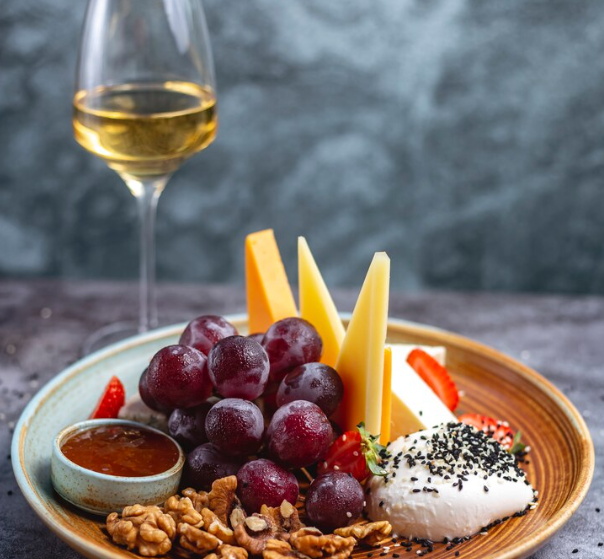Introduction
In the realm of wine appreciation, few labels evoke a sense of prestige and refinement quite like “Grand Cru.” Originating from France, particularly in regions like Bordeaux and Burgundy, Grand Cru wines are the epitome of excellence in viticulture. This article takes you on a journey through the fascinating world of Grand Cru wines, delving into their unique terroir and the unparalleled experience they offer to discerning wine enthusiasts.
Unveiling the Essence of Grand Cru Terroir
Terroir, a term deeply embedded in the lexicon of wine enthusiasts, encapsulates the environmental factors that shape a vineyard’s character. When it comes to Grand Cru wines, terroir plays a fundamental role in the grapes’ growth, quality, and distinctive flavors.
Soil Composition
The soil composition of a Grand Cru vineyard is meticulously assessed and esteemed for its influence on the grapevines. Factors such as mineral content, drainage, and structure all impact the grape’s development, imparting specific flavors and characteristics to the final wine.
Climate and Microclimate
Grand Cru regions are known for their specific climates and microclimates. These unique weather patterns significantly influence the ripening process of the grapes, determining the sugar and acid content, which is critical for producing wines of exceptional quality.
Altitude and Slope
The altitude and slope of the vineyard can also influence the grapes’ exposure to sunlight and temperature fluctuations. These factors, combined with the vine’s orientation, are integral to achieving the optimal balance of ripeness and acidity in Grand Cru wines.
The Art of Crafting Grand Cru Wines
Crafting Grand Cru wines is a meticulous art that requires precision, expertise, and an intimate understanding of the terroir. Each step in the winemaking process is carefully tailored to preserve the unique qualities of the grapes.
Grape Selection and Harvesting
The process begins with careful grape selection, ensuring only the finest, fully ripened grapes are harvested. Handpicked by experienced vintners, this ensures that each grape meets the high standards set for Grand Cru wines.
Fermentation and Aging
Fermentation and aging are critical stages where the grapes transform into the masterpiece that is Grand Cru wine. Specific fermentation techniques and aging processes are employed to accentuate the wine’s flavors, aromas, and overall complexity.
Blending and Bottling
Expert vintners use their knowledge and palate to blend different grape varieties and vintages, achieving the perfect balance and nuance for a Grand Cru wine. The wine is then carefully bottled and sealed, ready to be enjoyed by connoisseurs.
Conclusion
Grand Cru wines represent the zenith of winemaking, intricately intertwined with the unique terroir that shapes them. From the vineyard’s soil to the careful crafting by skilled vintners, every element contributes to the unparalleled excellence of Grand Cru wines. Exploring and savoring Grand Cru wines is a journey through the artistry of winemaking, an experience that leaves an indelible mark on the palate and appreciation for the dedication and craftsmanship behind each bottle.















